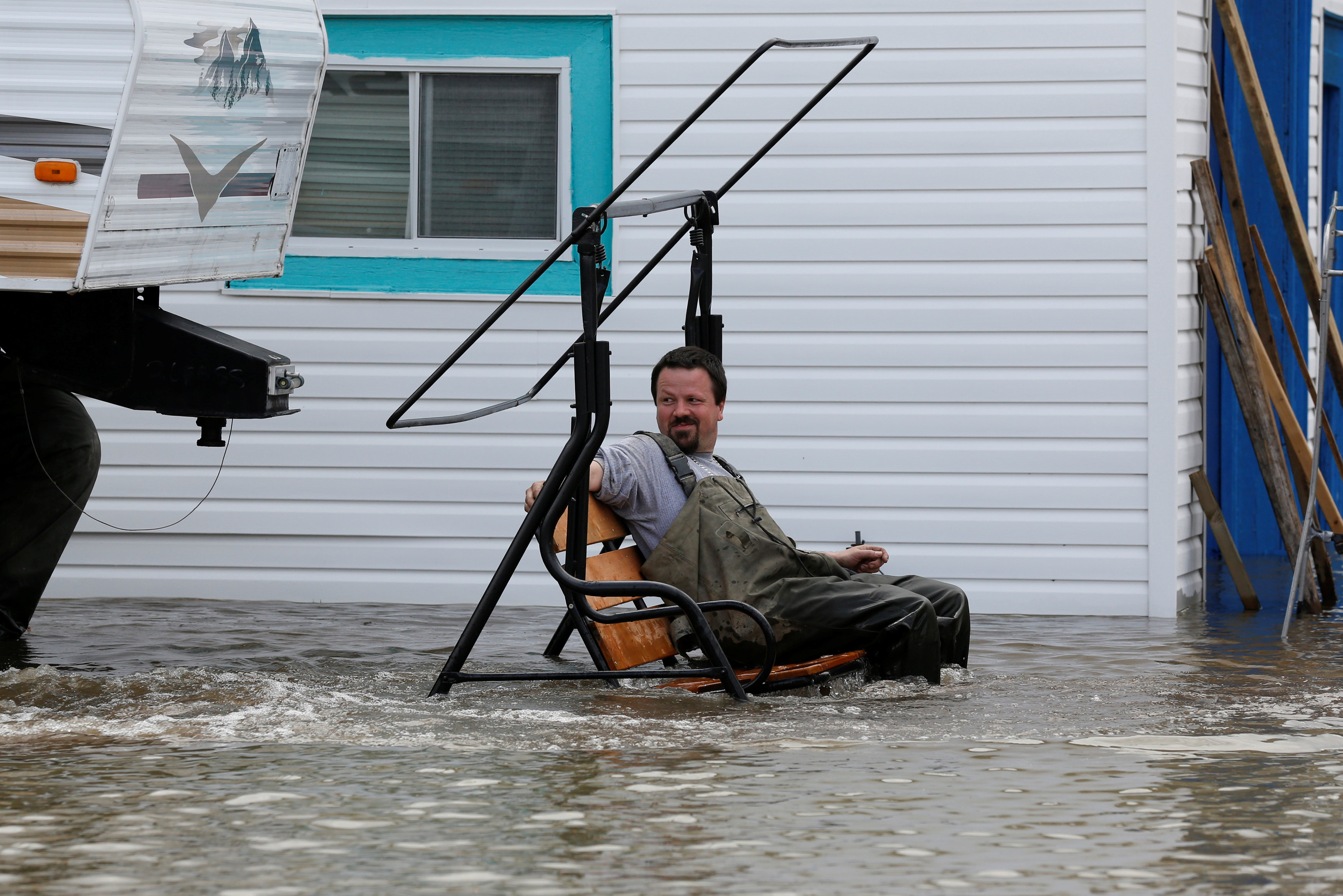
By Anna Mehler Paperny
TORONTO (Reuters) – Two Canadian groups on Tuesday asked a court to overturn a new Quebec law that bans observant Muslim women from wearing a full-face veil when providing or receiving government services.
The National Council for Canadian Muslims, the Canadian Civil Liberties Association and Quebec Muslim resident Marie-Michelle Lacoste asked a provincial court to declare the law invalid, arguing that it discriminates against Muslim women and violates equality and freedom of religion protections in the Canadian and Quebec constitutions.
The provincial Liberal government that backed the law, passed on Oct. 18, has rejected claims that it targets Muslim women. It argues that the ban on all face coverings was necessary for security reasons and to facility communication and identification of people. Debate has focused on the niqab, a veil worn by a small minority of Muslim women that covers the whole face save for the eyes.
Opponents of the law say it targets a visible minority that has been subject to threats and violence in the primarily French-speaking province. Quebec had about 243,000 Muslims as of 2011, according to Statistics Canada.
The government believes the law is constitutional and will defend it in court, Isabelle Marier St-Onge, a spokeswoman for Quebec Justice Minister Stephanie Vallee, said by phone on Tuesday.
The law affects teachers, police officers, hospital employees and daycare workers in government agencies, and users of public services, from school to mass transit systems.
“Such blatant and unjustified violations of freedom of religion, as well as of the equality guarantees of the Quebec and Canadian Charters, have no place in Quebec or Canada,” the groups’ court submission said.
The plaintiffs stand a good chance of success, said political scientist Emmett Macfarlane, who has written extensively about Canada’s constitution and Supreme Court.
“It’s a pretty clear case, where we know who’s being adversely affected and we know it’s a distinct minority,” Macfarlane said.
In January a gunman walked into a Quebec City mosque and shot six people to death. A French-Canadian university student has been charged as the sole suspect.
France, Belgium, the Netherlands, Bulgaria and the German state of Bavaria have imposed restrictions on the wearing of full-face veils in public places. Denmark plans to institute its own ban.
(Reporting by Anna Mehler Paperny; Editing by Jim Finkle and Richard Chang)




